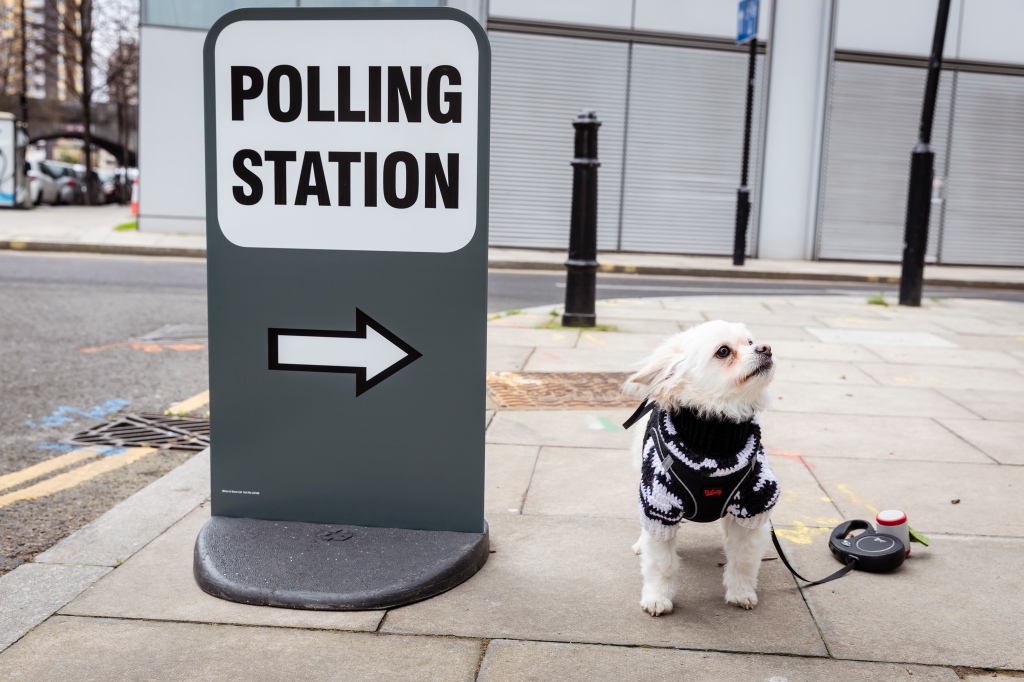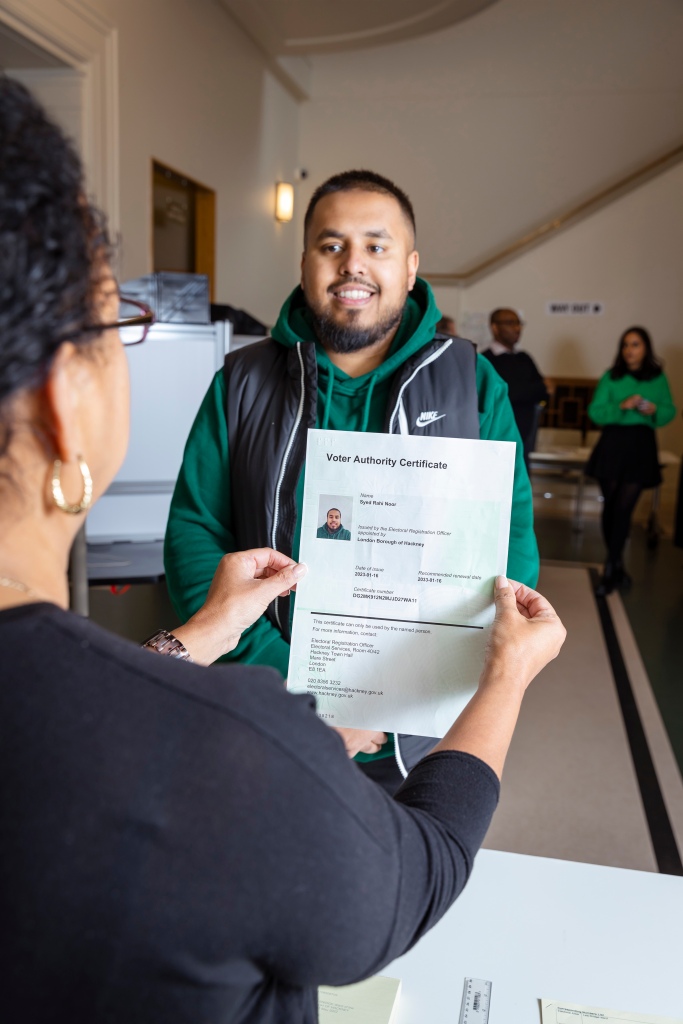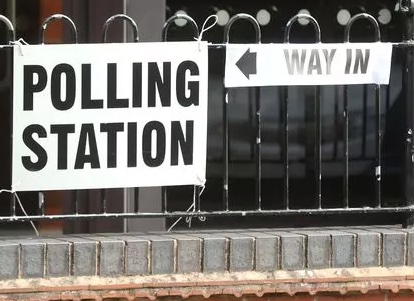A summary of the key facts:
- Students can register to vote here.
- They can apply for a postal vote here.
- Information about the requirements for photo ID is here.
With the General Election just weeks away the student vote is something of an unknown factor. The impact of student voting has been the subject of much debate over the years but the key issue right now is about ensuring that students are in a position where they are actually registered to vote and enabled to do so. The timing of the election will though create some real challenges for universities in supporting this.
Just over a year ago HEPI commissioned a survey of a group of students about their voting intentions. In addition to some interesting data on party preferences the pollsters found that there was a strong inclination to participate:
- 85% of full-time UK undergraduate students expect to vote at the next general election
- 89% of students say they are registered to vote and 64% of those students who are registered to vote say they are registered only at their home address
- 78% of students understand they will need photo ID to vote in future and 61% think this is a good idea.
This is heartening data for those of us concerned to ensure that students have the same opportunity as everyone else to participate in the democratic process. I suspect the figures may have shifted in the past year though as many more students will also be registered at their current term time address thanks to the efforts of a good number of universities in facilitation electoral registration for many students at the beginning of this academic year. It will be interesting to see if there is new data this year from HEPI which identifies such a development.
Although these numbers are really encouraging in terms of likely student participation, there are plenty of obstacles in the way of students and their votes counting in the forthcoming UK General Election on July 4th.
Ready to register
Since the introduction of Individual Electoral Registration (IER) universities have been struggling to find effective and efficient means to enable students to register to vote. There is now though a clear and well-documented route to facilitate student auto-enrolment as part of their start of session registration process. This was set out in a piece on Wonkhe earlier this year in which Bess Mayhew of Purpose Union (with a small contribution from me) described the auto-enrolment model which has now been adopted by a decent number of universities. Under auto-enrolment, students can opt in to register to vote automatically as part of their enrolment at the beginning of each academic year. The university then transfers this information securely to the local council, which verifies the student’s eligibility and adds them to the electoral register.
Back in March Anna Fazackerley in the Observer flagged a concern about student voter registration. This is something I and others in universities have been worried about for some years, indeed ever since the move to Individual Electoral Registration.
As highlighted in the article main issue was expected to be the timing of an autumn election and a fear that there would be insufficient time to register new and returning students in September and October and/or electoral registration offices would be overwhelmed by the numbers trying to register. Either scenario would result in the exclusion of many students from voting.
This point on preparedness of electoral registration offices to cope with a rush of new registrations just before an autumn election was also picked up earlier this year by a cross-party Parliamentary committee as reported on the Politics Home site:
Electoral registration systems could be “stretched to breaking point” ahead of the general election , according to the head of a cross-party committee of MPs.
A new report from the Levelling Up, Housing and Communities committee today suggests that millions of people could be at risk of disenfranchisement at the general election, due to the electoral registration system not being up to scratch.
The report points to figures from the Electoral Commission that estimated as many as eight million people were missing from the electoral register and more “not registered accurately”.
As it turns out some of the problems might be rather different.

Summer fun
With the General Election being called for the beginning of July (right at the beginning of the second half of the year) the challenges for student electoral registration are not quite what was previously anticipated.
Every undergraduate term will have ended before polling day and the issue is therefore about ensuring students have the right information about where they can vote – either at their home or term-time address – and how to request a postal vote if required. Plus of course a reminder about the need for acceptable ID.
In England, for institutions subject to regulation by the OfS, the obligation under the E5 Condition of Registration remains:
Condition E5: The provider must comply with guidance published by the OfS to facilitate, in cooperation with electoral registration officers, the electoral registration of students.
But there really is not a great deal of substance to the OfS guidance, published back in 2018, which directs universities to work closely with Electoral Registration Officers and also to promote registration. And now, given that we are in a pre-election period, the OfS is not getting involved in anything for the time being so is merely reminding institutions of the basics.
Although it is not explicit in the guidance the assumption must be that the condition applies all year round, ie it does not stop at the end of term. Therefore, even though undergraduates will be dispersing imminently (or indeed may have already done so) the obligation around facilitation and promotion of voter registration remains.
Universities and colleges still need to do all they can to enable students to register to vote and provide them with the advice they need to exercise their democratic right. This will require some effort – where universities have already worked hard to enable students to register they now need to inform everyone of their options in term of voting in their term time or home constituencies and requesting a postal vote if appropriate.
Students have options
For students who are not registered (or just not sure if they are registered) there is still time, up to 18 June, to apply to join the electoral register. The process is online and straightforward and can be followed here . The same would apply for students moving to a new address at the end of term.
For those on the electoral register who may be away from the address where they are registered then they can request a postal vote, again from the Gov.uk website.
Identity is the crisis
And, for those students who are registered and do turn up vote in person on 4 July they will need photo identification. As a reminder, the government has made this pretty challenging for anyone who doesn’t have a driving licence or passport. There is a limited list of acceptable photo ID options but student cards, no matter how secure, are not acceptable.

Students who don’t have any of the items on that list will therefore need to apply for a ‘Voter Authority Certificate’ which they can do online here.
This feels like a deliberate step to make it difficult for students and other young people to vote. And as the cabinet minister Johnny Mercer observed in a recently leaked note in which he was complaining about the reluctance of No 10 to let veterans use their IDs at polling stations, this was blocked by the prime minister’s special advisers because the move could “open the floodgates” to allow students to use their cards too.
Countdown to polling day
There are still plenty of challenges therefore in facilitating student voter registration and then enabling them to vote after the end of the academic year. As the Politics Home report notes, even if students (or others seeking to register) go through the registration process they may not make it on to the electoral register if the narrow window means that electoral registration offices are unable to cope with a bulge of registrations in the next few weeks. It might not be as difficult as it would have been if we had been facing an October or November election but there is still a big set of administrative challenges for EROs to overcome which may yet have an impact on student participation in the General Election.

I do hope that universities will mount proper campaigns, first to advise students to register if they need to or if they have changed address, secondly to make sure they vote where they are registered or seek a postal vote, and thirdly to advise on voter ID requirements to make sure they are able to vote.
Students have the same rights and responsibilities as everyone else and it is essential that they are given every opportunity to register to vote and then to exercise the opportunity to participate in the General Election on 4 July. This is ultimately about ensuring everyone is enabled to play a full part in the democratic process. Voting matters – for everyone.
(This article represents the personal views of the author.)

Leave a comment